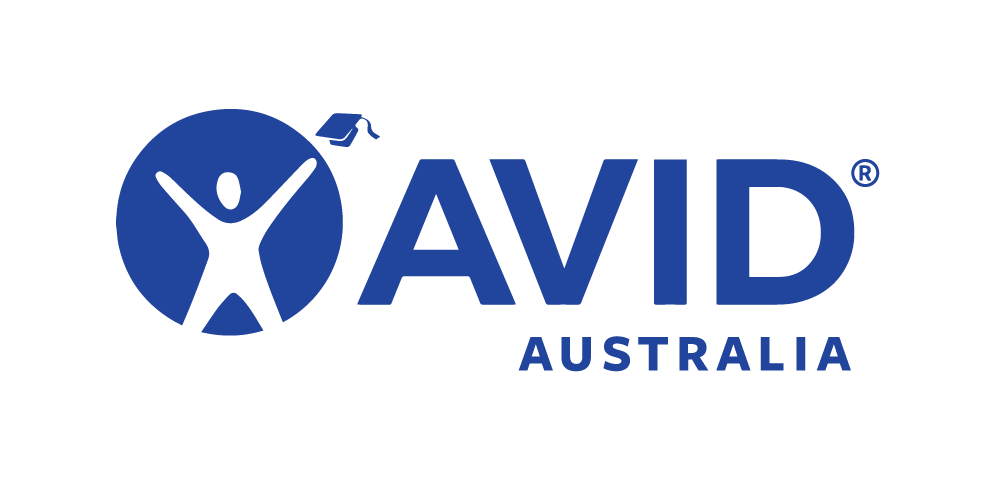The Children, Family and the Community General course focuses on factors that influence human development and the wellbeing of individuals, families and communities. Students develop an understanding of the social, cultural, environmental, economic, political and technological factors which have an impact on the ability of individuals and families to develop skills and lead healthy lives. They recognise how promoting inclusion and diversity among individuals, families and groups in society contributes to the creation of safe, cohesive and sustainable communities.
Through the study of developmental theories, students develop an understanding of human growth and the domains of development. Students are introduced to the diverse nature and interdependence of societal groups. They develop an appreciation of how the creation of environments that promote optimal growth and development of individuals, families and communities affect and influence society as a whole. Students investigate access to, and availability of, support services and review laws and regulations that govern the provision of such support.
Students explore products, services or systems that address issues, opportunities or challenges to meet the needs of individuals, families and communities. Students consider alternative perspectives, policies and practices when working individually or collaboratively. They use a range of skills to make informed decisions and consider actions at personal, family and community levels. Students communicate and interact with children, families and community groups in practical ways. Students understand that beliefs, values and ethics influence decisions made by individuals, families, and communities.
Prerequisites:
There are no prerequisites for this course. It is desirable however to have had success in Food Technology or Child Care courses in Year 10.
Syllabus:
The Year 11 syllabus is divided into two units, each of one semester duration, which are typically delivered as a pair. The notional time for each unit is 55 class contact hours.
Unit 1 – Families and Relationships
This unit focuses on family uniqueness. Students examine the role of families and the relationships between individuals, families and their communities.
Through an understanding of growth and development, students recognise the characteristics of individuals and families and that development is affected by biological and environmental influences. They identify roles and responsibilities of families, and examine their similarities and differences, the issues that arise from family interactions and the influence of attitudes, beliefs and values on the allocation of resources to meet needs and wants.
Unit 2 – Our Community
This unit focuses on families, relationships and living in communities. The influence of biological and environmental factors, lifestyle behaviours and health status on growth and development is studied. Students explore the health of individuals and communities and the protective and preventative strategies that impact on growth and development.
Students examine the roles and responsibilities of particular groups, networks, and services, and the impact of attitudes, beliefs and values on the management of resources. Students engage in shared research practice, communicate information, use decision-making, goal setting, self-management and cooperation skills when creating products, services or systems that will assist individuals, families and communities to achieve their needs and wants.
Assessments:
Investigation: 30%
Production: 55%
Response: 15%
Pathways:
This course caters progresses to the Year 12 course of the same name and is for students seeking career pathways in areas, such as education, nursing, community services, childcare and health.
More Information:
For further information regarding this course click here.












